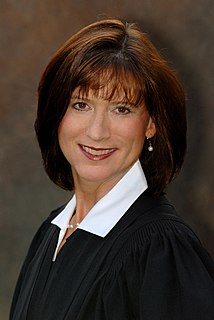A Quote by Philip Roth
Literature isn't a moral beauty contest. Its power arises from the authority and audacity with which the impersonation is pulled off; the belief it inspires is what counts.
Related Quotes
I don't think the possibility for beauty can be foreclosed, because beauty can take so many forms. There is beauty that arises from the unexpected, when our familiar perspectives are thrown off balance. There is also the beauty that paradoxically comes out of the tragic, that emerges because we are reminded of what is no longer there, that becomes powerful because of what is absent.
...any belief in supernatural creators, rulers, or influencers of natural or human process introduces an irreparable split into the universe, and prevents us from grasping its real unity. Any belief in Absolutes, whether the absolute validity of moral commandments, of authority of revelation, of inner certitudes, or of divine inspiration, erects a formidable barrier against progress and the responsibility of improvement, moral, rational, and religious.
Literature, real literature, must not be gulped down like some potion which may be good for the heart or good for the brain—the brain, that stomach of the soul. Literature must be taken and broken to bits, pulled apart, squashed—then its lovely reek will be smelt in the hollow of the palm, it will be munched and rolled upon the tongue with relish; then, and only then, its rare flavor will be appreciated at its true worth and the broken and crushed parts will again come together in your mind and disclose the beauty of a unity to which you have contributed something of your own blood.
Belief comes spontaneously as well as by effort. Belief is power. An insincere and uninspired seeker is aware of the truth that belief is power, but he cannot go beyond understanding or awareness; whereas a sincere, genuine, devoted and surrendered seeker knows that belief is dynamic power, and he has this power as his very own.
During the last quarter of a century all the authority associated with the function of spiritual guidance ... has seeped down into the lowest publications. ... Between a poem by Valéry and an advertisement for a beauty cream promising a rich marriage to anyone who used it there was at no point a breach of continuity. So as a result of literature's spiritual usurpation a beauty cream advertisement possessed, in the eyes of little village girls, the authority that was formerly attached to the words of priests.







































